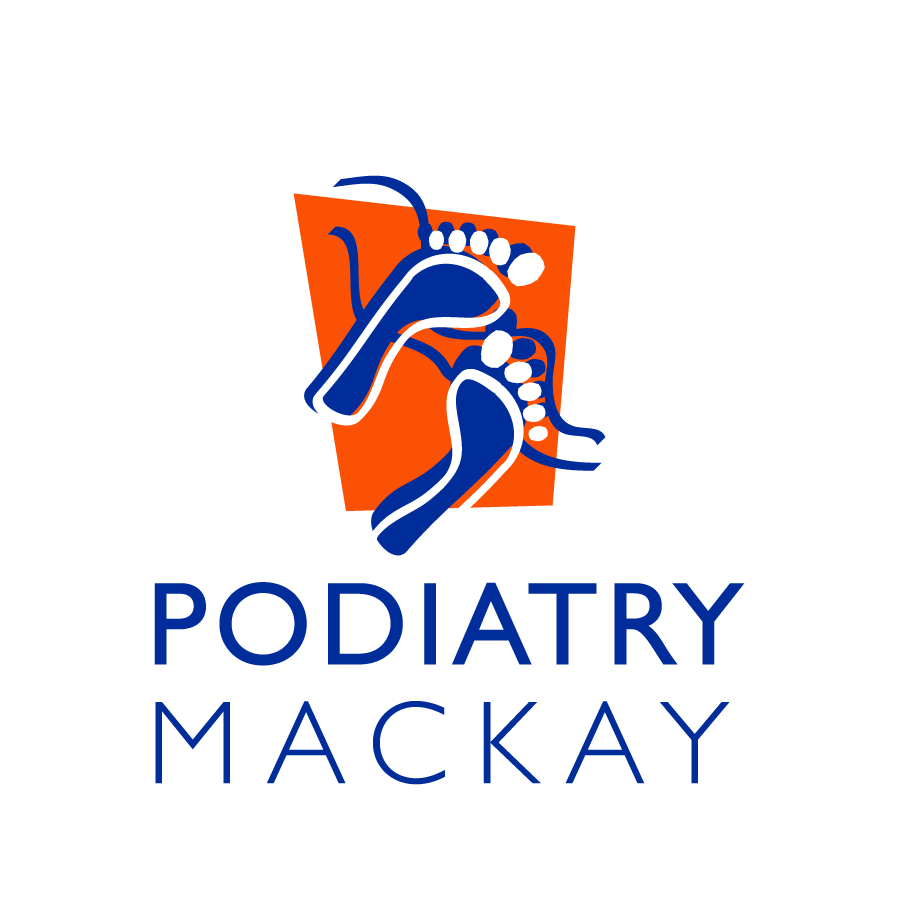Achilles Tendinopathy/Tendinits
What is Achilles Tendinopathy/Tendinitis?
Achilles tendinopathy is a chronic condition that is associated with degeneration of the Achilles tendon. The Achilles is the insertional tendon of the Gastrocnemius and Soleal muscles (aka calf muscles) and is essential for everyday activities such as walking, running and jumping. The tendon is subject to high repetitive stresses and in conjunction with certain risk factors, can eventually begin to degenerate or break-down. This degeneration usually occurs in 2 locations: the insertion of the Achilles tendon onto the heel bone or mid-way through the tendon, hence the terms, insertional and mid-portion Achilles tendinopathy.
Why did I get it?
Achilles tendinopathy can be caused by many factors and is most commonly seen in the active middle aged population (women > men). Most patients with the condition can often present with many of the following risk factors:
Tight calf muscles
Increased weight
Incorrect footwear
Biomechanical foot issues
Sudden increase in physical activity
Previous trauma to tendon
Symptoms:
Heel pain and swelling (at the back of the heel)
Thickening of the tendon
Limited range of motion when flexing the foot.
The skin on the heel may feel hot to touch.
Tenderness in the affected area
How is it diagnosed?
A thorough clinical examination will most commonly diagnose Achilles Tendinopathy. Depending on severity of symptoms, you may be referred for an ultrasound to determine the extent of the degeneration and to make sure there aren’t any tears in the tendon.
Possible treatments:
Strapping
Ice
Footwear advice
Moderated rest
Eccentric loading exercises
Compression
Custom orthotics
Heel raise in shoes
Anti-inflammatories
Neuromuscular needling
Prognosis?
Although Achilles tendinopathy is a debilitating condition, most patients respond to conservative treatment. However, this process can take up to 9 months depending on how long the degeneration has been occurring for & how severe the pain has become. Surgery is very rarely recommended, however is an option for chronic cases that show no improvement to conservative treatments.
